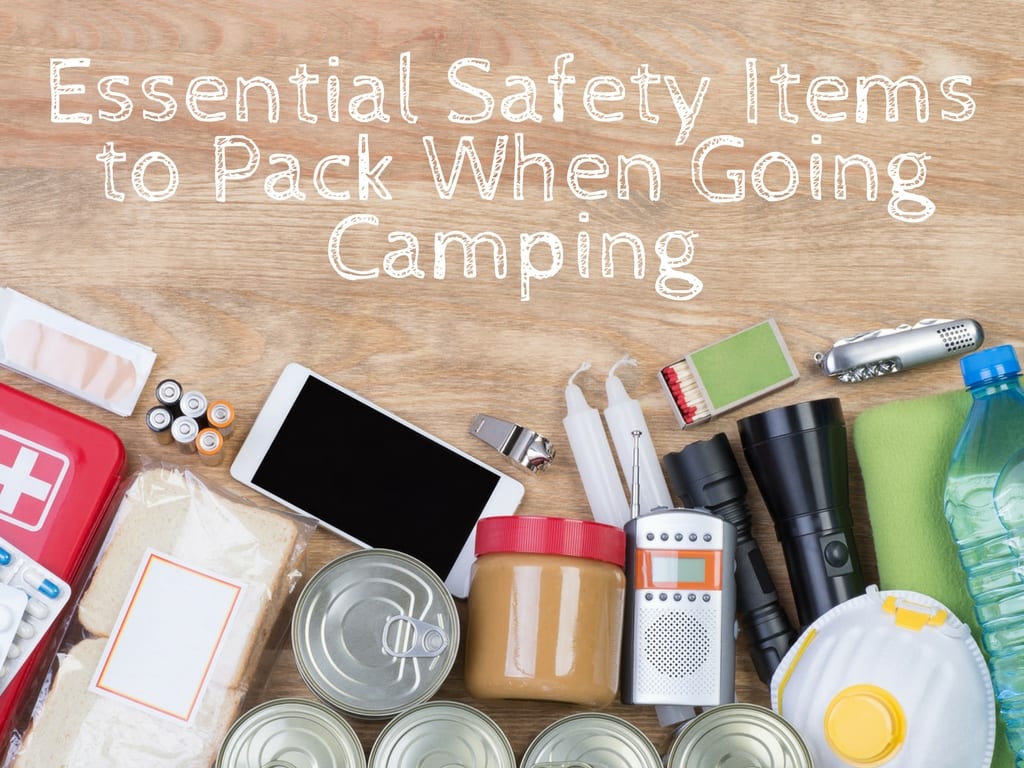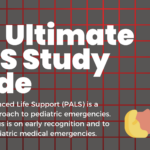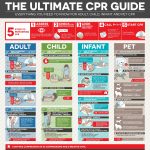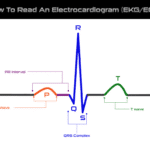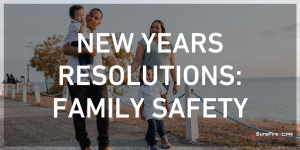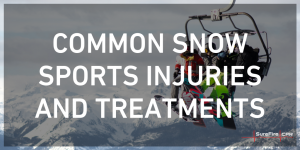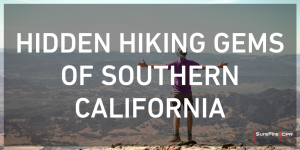Camping is one of the most popular American outdoor activities. From pitching a tent in the backyard to extensive trips to national parks, camping is an excellent way to have fun and create memories. And to make sure those memories are fond ones, you’ll want to be prepared as you head into the great outdoors.
Before you embark on a camping excursion, here are essential safety items that should be in your backpack:
- Flashlights. Depending on how remote your camp site is, flashlights are absolutely essential. Power outlets are not always available, and when it gets dark in the wilderness, it gets DARK.
- Extra batteries. This means for flashlights, cell phones, radios – everything that requires a battery.
- Trash bags. Really? Are trash bags a safety item? If you don’t believe it, consider that stray garbage can not only attract insects, but it also can attract really big animals. Like wolves and bears. Keep your camp site clean, and there’s less of a chance for those unwanted visitors.
- Insect repellent. Left untreated, bug bites can turn into infections. Prevent bug bites from happening in the first place thanks to insect repellent.
- Extra water. Just in case your water supply goes bad, have some extra H2O on hand. The same applies for food – you can never have enough extra provisions.
- First aid kit. Nothing elaborate, just a basic first aid kit with gauze, bandages, ointment, tape and the like will suffice. Ice packs are also a good idea to treat sprained joints and to help out with bug bites and other injuries.
- Lighters and matches. If you need to cook food or even signal help from the ground, you’ll need these items. And let’s be honest – who wants to rub sticks together for hours?
- Firestarter. No one should have to wait around to get a fire started. Fortunately, you can use a fire starter in conjunction with a lighter and matches to get a roaring campfire going in no time at all.
- Lanterns. Lanterns come in a variety of shapes and sizes and are sure to help you illuminate any camp site.
- Map and compass. With a map and compass at your disposal, you’ll never have to worry about getting lost while you’re roughing it.
- Sunglasses and sunscreen. Eye and skin protection sometimes get lost in the shuffle when preparing for a camping trip. However, if you pack sunglasses and sunscreen, you can safeguard your eyes and skin against harmful UV rays.
- Survival knife. A survival knife is ideal for fishing, hunting and other outdoor activities. Thus, if you want to be prepared for any situation, it is important to pick up a survival knife prior to your camping trip.
- Extra clothing. If a rainstorm begins while you’re in the middle of a camping trip, it pays to have extra clothing at your disposal. That way, you can keep dry and warm, even in the toughest conditions.
- Extra blankets. Let’s face it – no one wants to be cold, especially if they’re trying to sleep under the stars. But if you bring extra blankets for your camping trip, you should have no trouble resting comfortably at night.
- Water bottle. Hydration is key when camping. If you have a full water bottle with you at all times, you can reduce the risk of dehydration.
- Duct tape. Regardless of whether there’s a small hole in your sleeping bag or a big crack in your water bottle, duct tape can help you perform quick, easy repairs.
- Extra food. Although you may plan to catch your own food while you camp, there are no guarantees that your plan will come to fruition. Fortunately, if you pack energy bars, nuts, dried fruit and other snacks, you’ll have plenty of food to satisfy your hunger pangs.
- Whistle. It is always better to prepare for the worst-case scenarios, even when camping. If you bring a whistle, you can summon help without wearing out your vocal cords.
- Swimsuit. If you intend to swim during your camping trip, you’ll certainly want to pack a swimsuit.
Let’s not forget about the most important camping safety net of all – common sense. If you learn essential camping skills, you’ll know how to thrive in a wide range of scenarios.
Oftentimes, it helps to learn cardiopulmonary resuscitation (CPR) prior to camping. In fact, CPR training can come in handy beyond a camping trip, as it will enable you to administer life-saving assistance in cardiac emergencies especially because it can take emergency medical professionals additional time to reach remote areas.
CPR training ensures you’ll know how to perform CPR techniques on adults, children and infants. Plus, the training will teach you how to use an automated external defibrillator (AED), assist choking victims and administer critical assistance to cardiac arrest victims until advanced medical personnel arrive on the scene.
For those extreme emergencies (especially during a camping session), nothing prepares you like high-quality CPR and First Aid Training training. Southern California’s leading CPR trainer, SureFire CPR, offers a full selection of courses for beginners, experienced medical care workers and everyone in between. With EMT technicians, firefighters, nurses and other professionals on our staff, we’re ready to help you today!
Please call (888) 277-3143 for more on our complete line of emergency preparedness training courses.

